As a high school student, I have developed a strong appreciation for the significance of child development courses. These classes provide essential skills and knowledge to help us recognize and nurture children’s growth.
We learn about physical, cognitive, and emotional development, along with language acquisition and social skills. These classes equip us with practical caregiving skills, improve our communication strategies with children and parents, and teach us age-appropriate activities for healthy growth.
Whether we become parents or pursue careers in education or childcare, these classes are a game-changer.
Key Takeaways
- Child Development Classes teach valuable skills for understanding and raising children.
- These classes provide practical caregiving skills, enhance communication strategies with children and parents, and teach age-appropriate activities for healthy growth and development.
- Learning about the physical, cognitive, social, and emotional milestones that children go through can help you better understand their needs and behaviors.
- Child Development Classes provide a strong foundation for working with children in various fields.
The Benefits of Early Exposure to Child Development Education
I believe that early exposure to child development education can greatly benefit high school students. By providing them with valuable insights into the physical, cognitive, and emotional development of children, students can gain a better understanding of the needs and behaviors of children in their early childhood years.
This knowledge can help them develop important parenting skills, such as empathy, communication, and problem-solving. Understanding the stages of physical, cognitive, and emotional development can also prepare students for future careers in fields like psychology, social work, and counseling.
Early exposure to child development education can lay a strong foundation for students to excel in these areas and foster healthy growth and development in children.
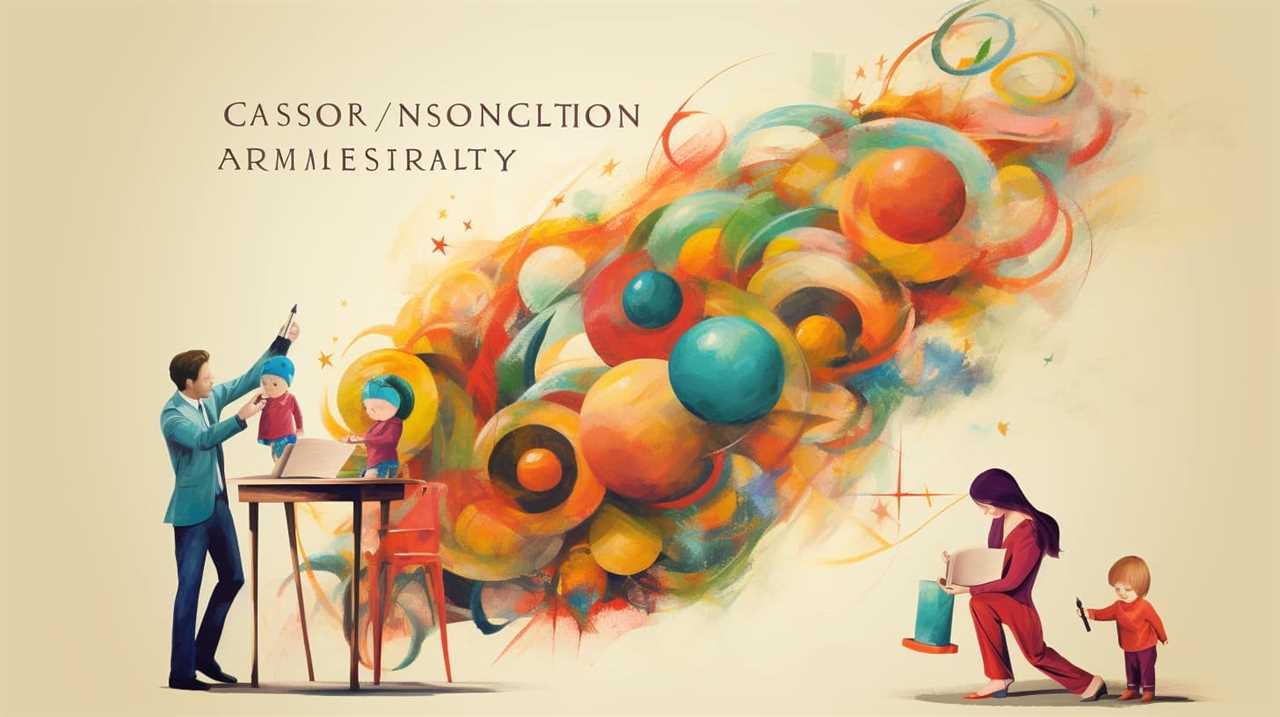
Developing Essential Skills for Future Parents and Caregivers
Learning about child development equips me with the necessary skills to effectively care for and understand the unique needs of children as future parents and caregivers.
By taking child development classes, I am developing essential parenting skills and enhancing my caregiving techniques. These classes provide me with a comprehensive understanding of the physical, cognitive, and emotional development of children.
I gain insights into age-appropriate activities, proper nutrition, and creating a safe environment. Practical caregiving skills, such as changing diapers and soothing techniques, are covered extensively.
Understanding child development is crucial for providing appropriate care to children of different ages. The knowledge and skills I gain from these classes can be applied in various fields, including education, counseling, social work, and pediatric healthcare.
Overall, child development classes are essential for preparing me to be a competent and knowledgeable parent or caregiver.
Understanding Child Development for Effective Support and Guidance
Gaining a comprehensive understanding of child development equips me with the necessary knowledge and skills to provide effective support and guidance to children. By studying child development theories and their application in educational settings, I am able to create optimal learning environments and tailor teaching approaches to meet the individual needs of each child.
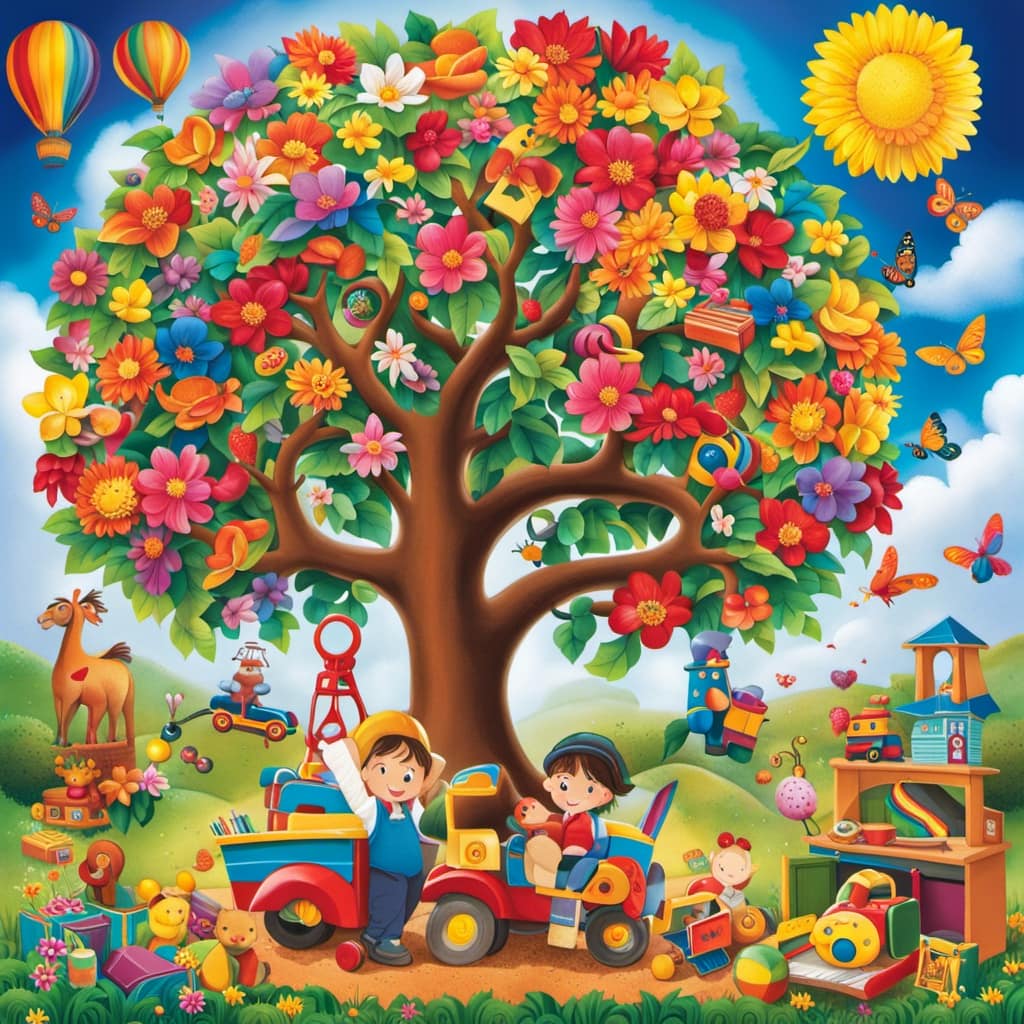
Understanding child development also plays a crucial role in promoting healthy parent-child relationships. By recognizing the physical, cognitive, and socio-emotional milestones that children go through, I am better equipped to foster positive relationships and provide appropriate support to both children and their parents.
Through my knowledge of child development, I am able to create a nurturing and supportive environment that promotes healthy growth and development in children.
Exploring Career Opportunities in Child Development Fields
Exploring career opportunities in the field of child development has opened my eyes to a wide range of options in psychology, social work, counseling, and pediatric healthcare.
The field of child development offers numerous career paths and future opportunities for those interested in working with children and supporting their growth and development. From becoming a child psychologist or social worker to pursuing a career in counseling or pediatric healthcare, there are endless possibilities to make a meaningful impact in the lives of children.
By exploring these career paths, I have gained valuable insight into the different roles and responsibilities involved in working with children, as well as the skills and knowledge required to succeed in these fields.
I am excited to continue my journey in child development and explore the many rewarding career opportunities that lie ahead.
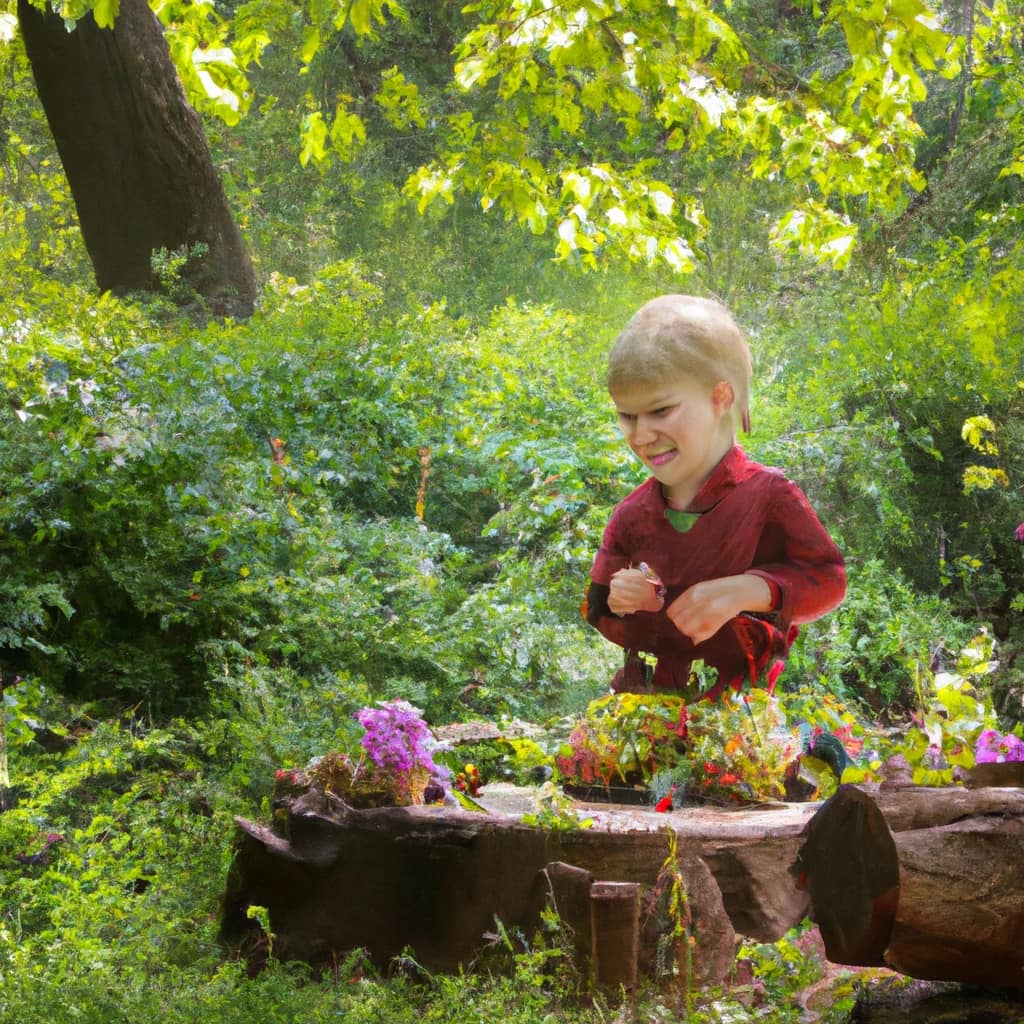
Gaining Practical Knowledge for Nurturing and Educating Children
Through hands-on experiences and practical application, I have acquired valuable knowledge and skills to nurture and educate children effectively. Here are some practical techniques for child discipline and strategies for fostering social-emotional development:
-
Implement consistent routines and clear expectations: Setting consistent rules and routines helps children feel secure and understand boundaries.
-
Use positive reinforcement: Rewarding good behavior encourages children to continue making positive choices.
-
Teach emotional regulation: Help children identify and express their emotions appropriately, teaching them strategies like deep breathing and taking a break.
By incorporating these techniques, we can discipline children effectively while also promoting their social-emotional development.
It is important to remember that discipline should be done in a nurturing and supportive manner, focusing on teaching and guiding rather than punishment. By fostering a positive and supportive environment, we can help children develop the skills they need to thrive emotionally and socially.
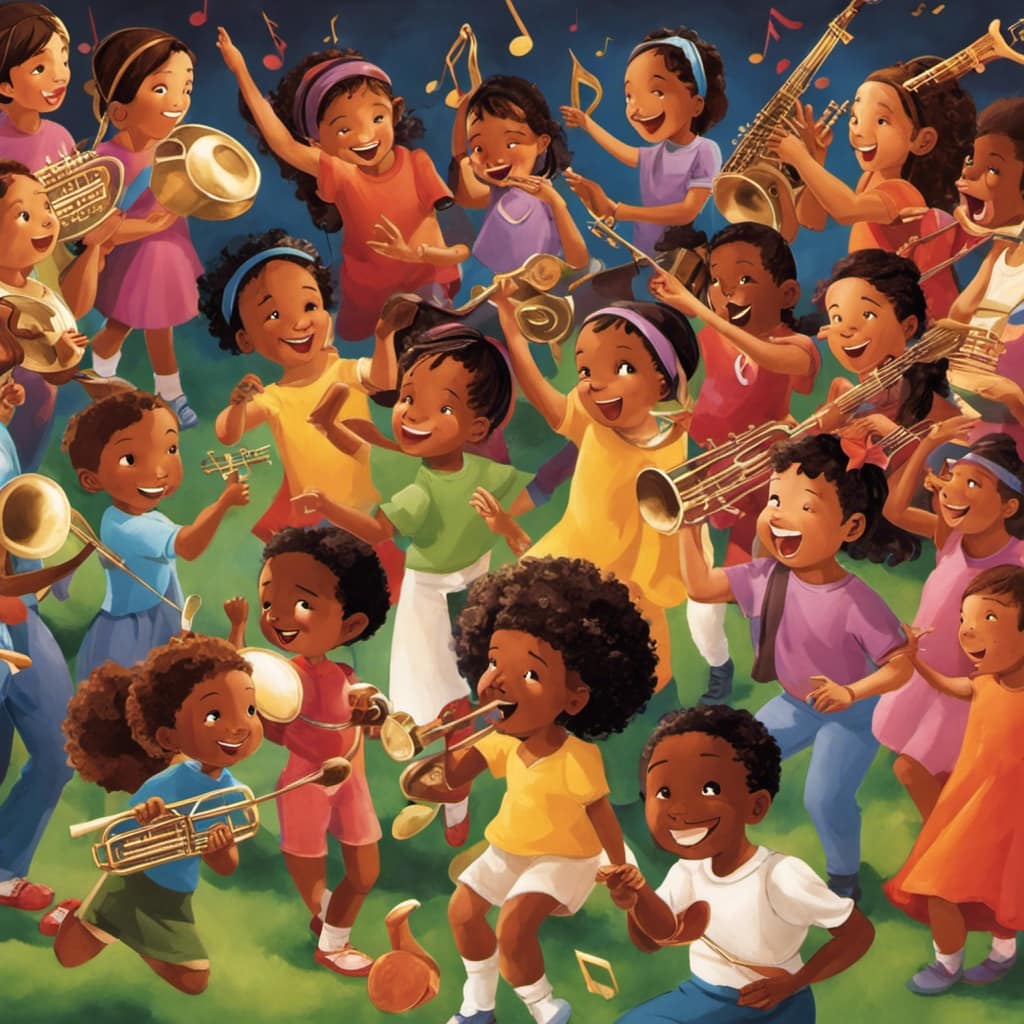
The Role of Child Development in Creating Positive Learning Environments
By understanding the role of child development, I can create positive learning environments that cater to the unique needs of each student.
Child development plays a crucial role in shaping teaching strategies and fostering effective learning experiences. It is important to recognize the impact of child development on teaching methods and approaches.
By understanding the physical, cognitive, and socio-emotional growth of children, educators can tailor their teaching to meet the developmental needs of their students. Additionally, empathy and perspective-taking are essential in child development.
By cultivating these skills, teachers can better understand and connect with their students, creating a supportive and nurturing classroom environment.
Child development classes provide valuable insights and knowledge that can greatly enhance the teaching profession and contribute to the overall growth and development of students.
Hands-On Learning: Applying Theory to Real-Life Situations
I can apply the theories and knowledge learned in child development classes to real-life situations through hands-on learning experiences. It is through these practical experiences that I truly understand and appreciate the importance of applying theory to practice.
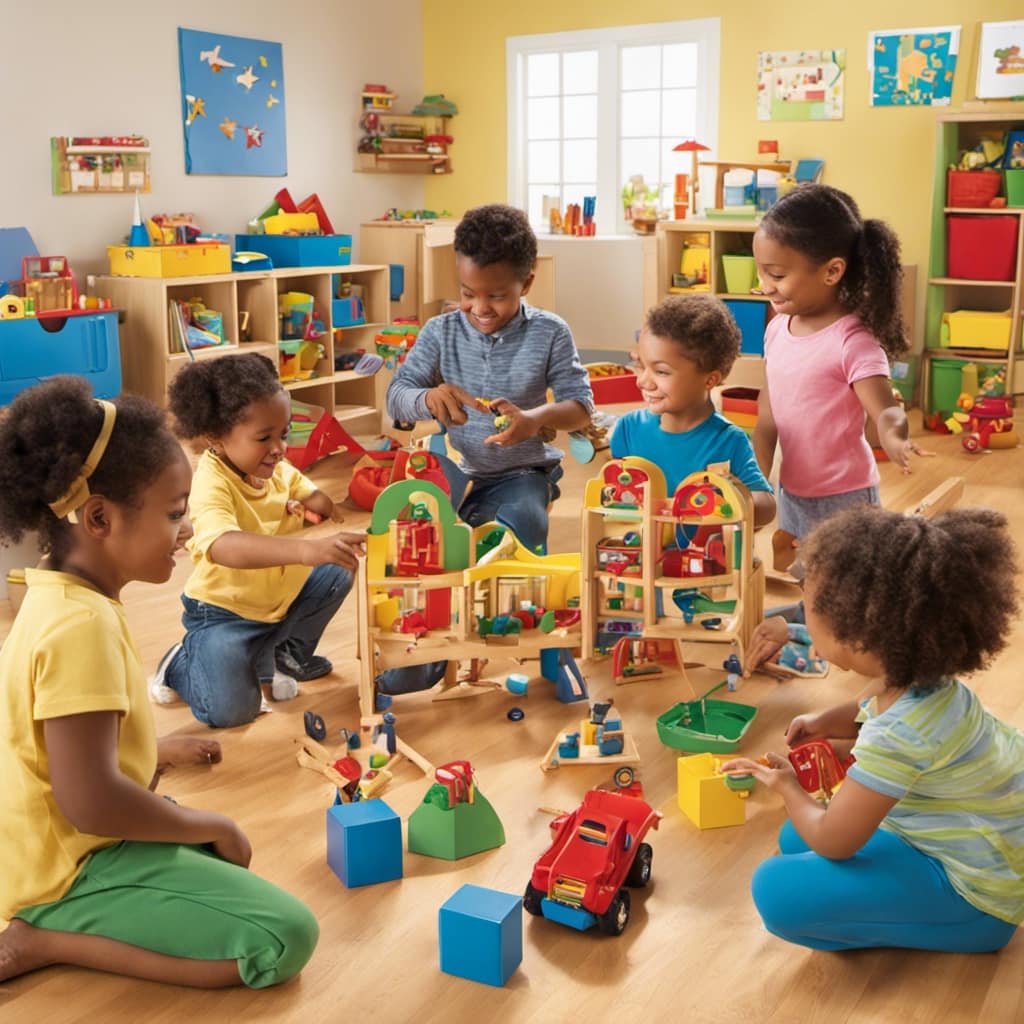
Here are three ways in which hands-on learning enhances my understanding of child development:
-
Role-playing activities: By participating in realistic simulations, I can apply my knowledge and skills in practical settings. This allows me to develop empathy and perspective-taking abilities, which are crucial when working with children.
-
Observing child behavior: Through careful observation, I gain valuable insights into the cognitive, social, and emotional development of children. Analyzing their behavior helps me understand the underlying factors and influences that shape their growth.
-
Exploring teaching methods: By experimenting with different teaching strategies, I deepen my understanding of how to effectively educate and care for children. This hands-on experience prepares me for future careers in education or childcare, as I learn what methods are most effective in promoting children’s development.
Overall, hands-on learning in child development classes provides me with invaluable real-life experiences that enhance my understanding and application of theory.
The Impact of Child Development on Student Success
Understanding how child development influences student success is crucial for educators in creating effective learning environments. The influence of child development on academic performance and the long-term impact of child development education cannot be overlooked.

As educators, we need to recognize that children’s cognitive, physical, and social-emotional development directly impacts their learning experiences. By understanding the different stages of child development, we can tailor our teaching approaches to meet the needs of individual students.
Additionally, incorporating child development principles into our classrooms helps us provide appropriate support and foster positive relationships with our students. It is through this understanding that we can create a nurturing and stimulating environment that promotes student success both academically and personally.
Empowering High School Students With a Head Start in Child Development Education
Exploring the benefits of early exposure to child development education can empower high school students with valuable knowledge and skills for future success. Here are three reasons why early childhood development programs and child development certifications are important:
-
Enhanced Understanding: By learning about child development at a young age, students gain a deeper understanding of the physical, cognitive, and emotional growth of children. This knowledge allows them to better understand the needs and behaviors of children, and tailor their caregiving approaches accordingly.
-
Practical Skills: Child development classes provide students with practical caregiving skills, such as communication strategies, age-appropriate activities, and problem-solving techniques. These skills are not only beneficial for parents but also for those interested in pursuing careers in education or childcare.
-
Career Opportunities: Early exposure to child development education and certifications can open up various career options in fields like psychology, social work, counseling, and pediatric healthcare. It also allows students to earn college credits and get a head start on a future career in child development, saving time and money in college by skipping introductory courses.

Frequently Asked Questions
How Many College Credits Can Be Earned Through Child Development Classes in High School?
In high school, child development classes offer opportunities to earn college credits. These classes provide valuable knowledge and skills that can benefit individuals pursuing careers beyond education, such as psychology, social work, and counseling.
Are Child Development Classes Only Beneficial for Those Interested in Pursuing Careers in Education or Childcare?
Child development classes are not only beneficial for those interested in education or childcare. They provide valuable skills for understanding and raising children, enhancing communication and problem-solving abilities, and opening up career opportunities in various fields.
What Are Some Examples of Practical Caregiving Skills Taught in Child Development Classes?
Some examples of practical caregiving skills taught in child development classes include diaper changing, soothing techniques, and creating a safe environment. Hands-on learning is important for developing these skills effectively.
How Does Understanding Child Development Enhance the Ability of Educators to Nurture and Guide Children?
Understanding child development is key to effective teaching. It enhances my ability to nurture and guide children, adapting teaching methods to their needs. Child development knowledge positively impacts classroom management and fosters positive relationships.
What Types of Hands-On Learning Experiences Are Offered in Child Development Classes?
In child development classes, students participate in hands-on learning activities such as role-playing exercises. These experiences allow us to apply our knowledge and skills in practical settings, fostering empathy and providing valuable insights into child behavior and development.
Conclusion
In conclusion, child development classes in high school are invaluable for students. They provide essential skills and knowledge for understanding and raising children, whether as future parents or caregivers.

These classes also offer insights into various career opportunities in education and childcare. By gaining practical knowledge and understanding in child development, students are empowered to effectively nurture and educate children.
Additionally, child development education plays a vital role in creating positive learning environments and contributes to student success.
Overall, these classes provide a head start in preparing individuals for the rewarding journey of child care and development. It’s truly a game-changer!










